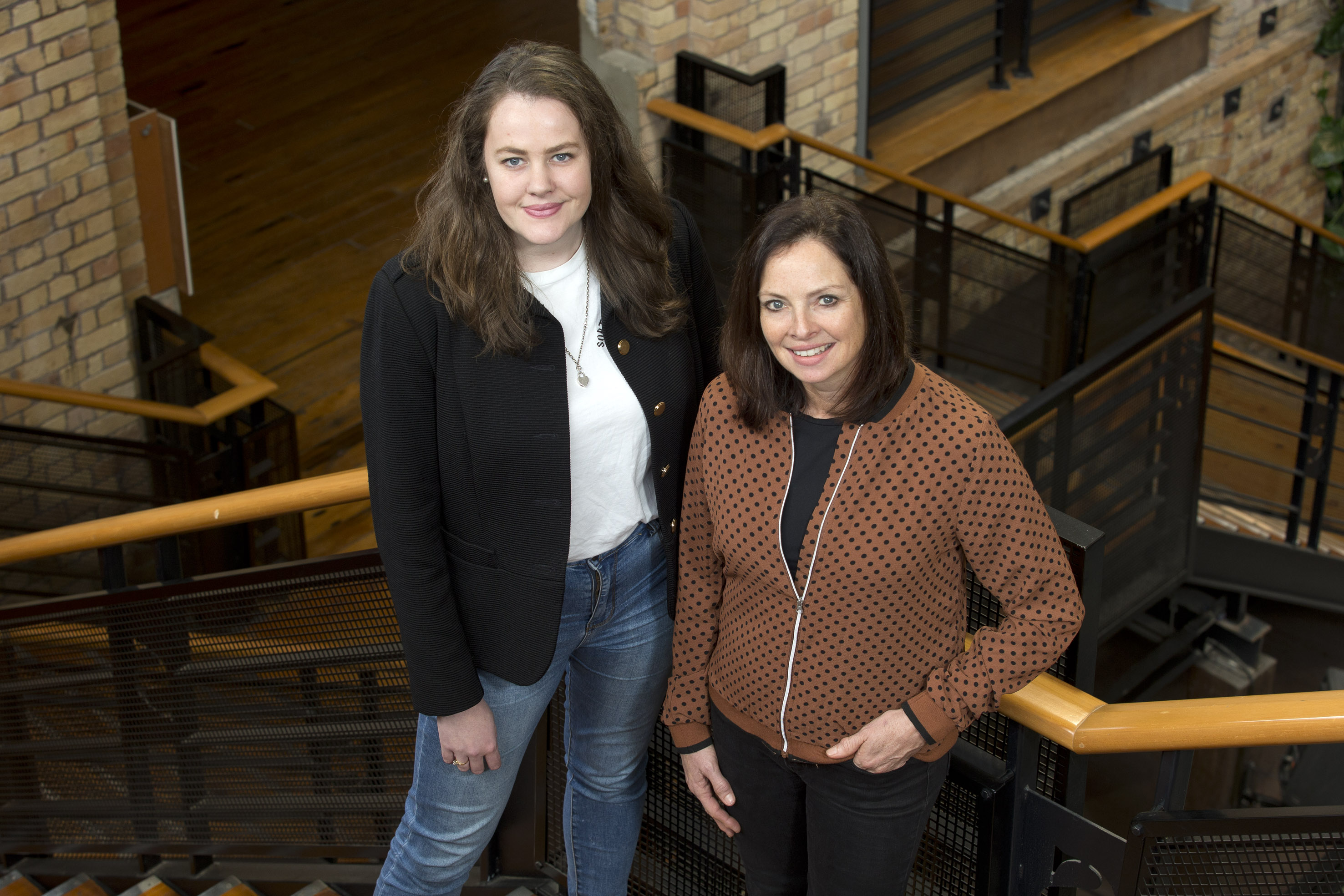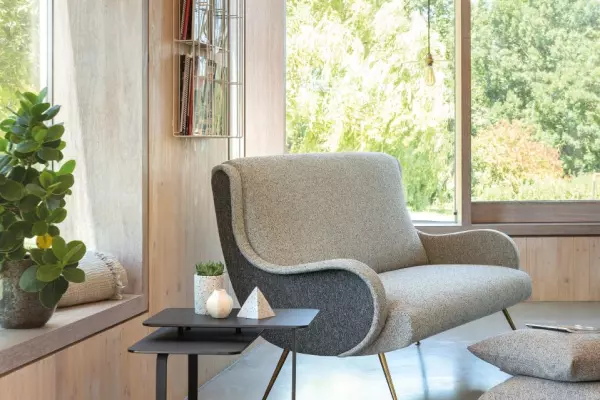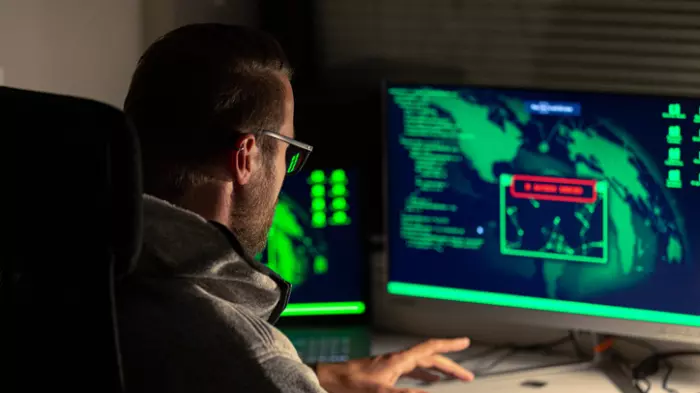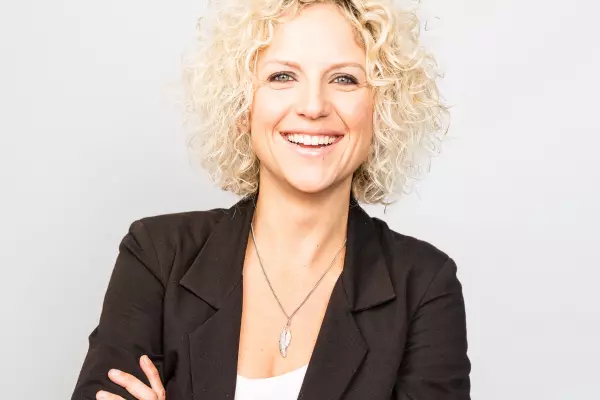Work-life balance has overtaken salary (number one for the past decade) as the most important attraction for job-seekers in New Zealand. And it’s not just laid-back Kiwis saying this. Surveys from the Middle East, the US and Europe show work-life balance is now a must-have, not a nice-to-have.
It’s even taking hold in Asia, where the traditional work culture is “9-9-6”– you’re expected to work from 9am to 9pm, six days a week. Chinese business icons endorse 9-9-6. For example, Jack Ma, founder of e-commerce giant Alibaba, describes working 72 hours a week as “huge bliss”.
But post-pandemic, more Chinese 20-somethings are rejecting "9-9-6" in favour of “tang ping”, or “lying flat”. The “lying flat” movement rejects the rat race, with some followers saying they don’t want a job at all. Others say “lying flat” is about balance. Work hard when you must, but also build in time to “lie flat” and relax.
Because even if you love working – and even working too much – there’s nothing like a pandemic to get you thinking about how you want to spend your limited time on Earth.
Auckland entrepreneur Matt Billington started his first business at age 15 with two friends as a school project while at Henderson High and won the 2017 Lion Foundation Young Enterprise Scheme company of the year title. He grew the Olelei almond-milk business into a nationwide brand.
After that, he worked 80-plus hours a week at an online education start-up, then jumped into running his own digital operations agency. Business took off like a rocket during the covid lockdown, as he helped other businesses move their operations online.
Says Billington: “It was great building my business and having little issue finding work. But after nine months of consistently being burnt out and having no free time to spend with friends, my thinking began to shift.”
Billington started to yearn not just for work but for work with “purpose” – which he defines as “something larger than me”.
“The pandemic allowed me to understand that life is incredibly unpredictable. Things happen that you have no control over. If you’re going to spend your life building something every Monday to Friday for the rest of your life, you may as well build something that works for you – not something you work for.”
So Billington has handed the company over to his co-founder and stepped back to think about his next step. “I want to be able to choose what to do with my day when I wake up. I want to live first and work second.”
The great resignation
People like Billington are leaving their jobs – or thinking about it – in greater numbers than ever. A Microsoft survey of 30,000 workers around the world showed 41% were thinking about quitting or changing professions this year. In the US alone, more than four million people quit their jobs in April – the biggest spike on record, according to the US Department of Labour.
In Australia, Nespresso research found 43% of all workers are looking for a new job. In Hong Kong, that feeling is even more pronounced. Forty-nine percent of workers there say they’re actively searching, while a further 35% say they’re open to exploring new job opportunities, according to research by Randstad.
In usual times, so much movement is the sign of a healthy economy, with plenty of job options. But these are not usual times. Unemployment and under-employment rates in New Zealand are still well above pre-covid levels.
What’s different is the pandemic has triggered a change in priorities for millions of people. Some want to keep the autonomy they enjoyed working from home. Others just want to spend more time with their family. And many are looking at how their company supported them – or didn’t – during the pandemic, and asking themselves if they want to keep working there.
“Covid has taught us all about prioritising – we spend so much time doing mahi, why not work with people you value and for an organisation that values you?’ says Niki Schuck, a joint CEO of NSPR, a public relations, talent management and events company.
Along with remote working, her company has other policies in place to support a good work-life balance. "We have a policy of no work emails after 7pm and before 7am. If it’s urgent, we can call each other.
“We came up with this policy because we noticed there’s always pressure to reply immediately to work emails, to show your commitment. But we analysed emails sent after 7pm and before 7am. Mostly they were non-urgent internal emails. So we made this policy to remove the pressure and give people some time to focus on themselves, or their family.
“We also operate flexible working hours. Team members can choose to work late so they can have time in the morning to go to the gym, when it's quieter. Or they might need time to care for a sick parent. We operate under an umbrella of trust and we see it as a win-win.
“Both my parents died by the time I was 49,” says Schuck. “Once you have experienced that, nothing is so important that you can’t stop, take the time you need and then find a way forward.”
 NSPR directors Kate Grant and Niki Schuck.
NSPR directors Kate Grant and Niki Schuck.
Half the global workforce want remote work
Finding a new way forward is definitely top of mind for Gen-Z (born after 1997) and millennials (born after 1981). These workers aged 18-40 now make up half of the global workforce. Because they’ve grown up with technology every day of their adult lives, they’re committed to remote work. To them, it’s vital for work-life balance.
Gen-Z and millennial workers still value workplaces as hubs for collaboration, creativity, learning, networking and term-building – more than older workers, actually – but they don’t see why they should be trapped in an office five days a week. In fact, 56% of women and 49% of men in New Zealand would like to work from home, at least part of the time.
But not all CEOs are on board. In June, Apple CEO Tim Cook told his global workforce of 137,000 they’d have to return to the office at least three days a week. Some pushed back, saying they wanted to continue working from home, thank you very much.
In an open letter to the CEO, which was leaked to tech news site The Verge, the workers declared: “Many of us feel we have to choose between our families, our well-being and being empowered to do our best work, or being a part of Apple.”
Apple’s not the only company demanding workers return to their desks. But the Apple standoff is making headlines because it symbolises how attitudes to work-life balance have changed. Before covid, staff may have been excited by a ping-pong table in the lunchroom. Now they’re more focused on benefits that maximise health, free time, or family time.
When the Apple HQ opened in Cupertino, California, in 2017, it was called “the best office in the world”. A masterpiece of modernist architecture that cost US$5 billion to build, the Apple core includes an indoor forest, a cafe with three-storey-high sliding glass doors, and a yoga studio with distressed stone walls.
Yet in that enormous 71ha “campus” there’s still no space for a day-care centre. You can hug trees, but not your kids.
French insurance giant AXA is taking a different path, moving employees over to a hybrid method it calls Smart Working. This allows work from home all of the time, or part of the time. The exact mix depends on the role.
AXA France and AXA Belgium are already in full hybrid mode. By 2023, the company plans to move all 153,000 employees in 54 countries over to Smart Working.
“We want to offer a balanced framework that combines the flexibility of remote work while keeping the office as an anchor for social interactions and community building,” says Karima Silvent, global head of human resources at AXA Group.
But she acknowledges hybrid working means changing how teams are managed and motivated. “Our Smart Working programme includes specific training for teams and managers,” says Silvent. “Particular attention will be paid to the autonomy and responsibility of teams. We need to create awareness among managers about the importance of including all employees – on-site and remote – in meetings, and how to drive effective collaboration.”
But what about productivity?
Robyn Bennett is president of the New Zealand Institute of Safety Management. To her, the search for work-life balance is about much more than just working from home.
“Working from home can be very stressful. It can mean longer hours with less support. Communication and management are more difficult. There are more chances for misunderstanding. We’ve already had to adapt to the pressure of new ways of working and communicating. Now there’s extra pressure to catch up after 2020. There’s a real risk of burnout, which affects performance and productivity – when exactly the opposite is required.”
Ah yes… productivity. Leading companies in New Zealand are already less than half as productive as top companies in other small advanced economies, according to the Productivity Commission.
Bennett acknowledges this, but says: “Adding hours does not necessarily make us more productive, it just increases pressure and burnout.
“Organisations need to have open discussion about the changing workplace. Do clear risk assessments about the possible problems. Put policies in place, including policies on the psycho-social risks and benefits. Discuss productivity issues. There needs to be a balance between the expectations of organisations and the challenges facing workers.”
Bennett is optimistic. “Covid has shown us all that we’re not machines. We’re human and we need support to do our jobs well. This time of change gives employers the opportunity to reset their thinking and understand the importance of balance to their employees.
“New Zealanders are known for being early adopters. The workplace is changing, and this is our chance to shape it.”













